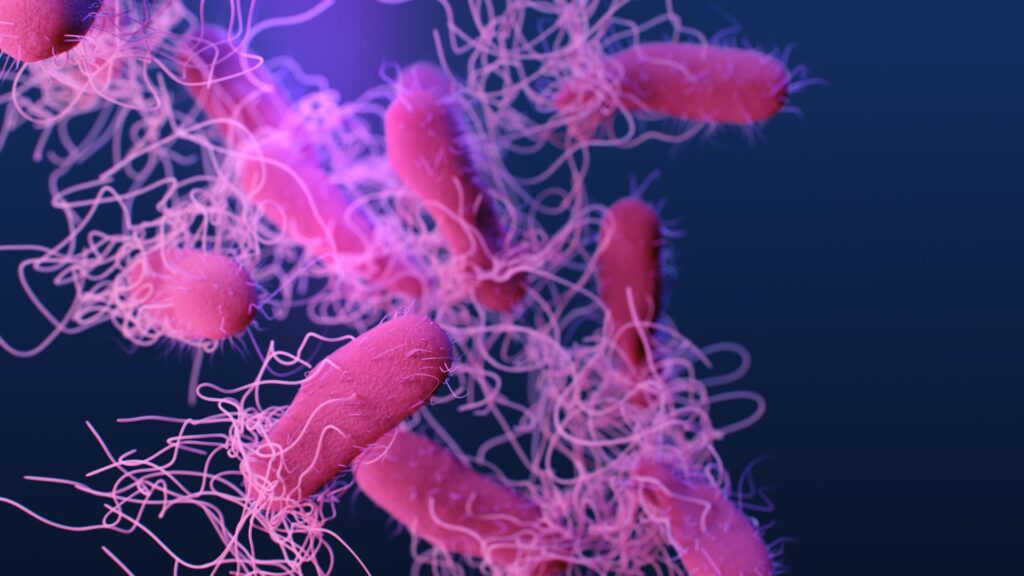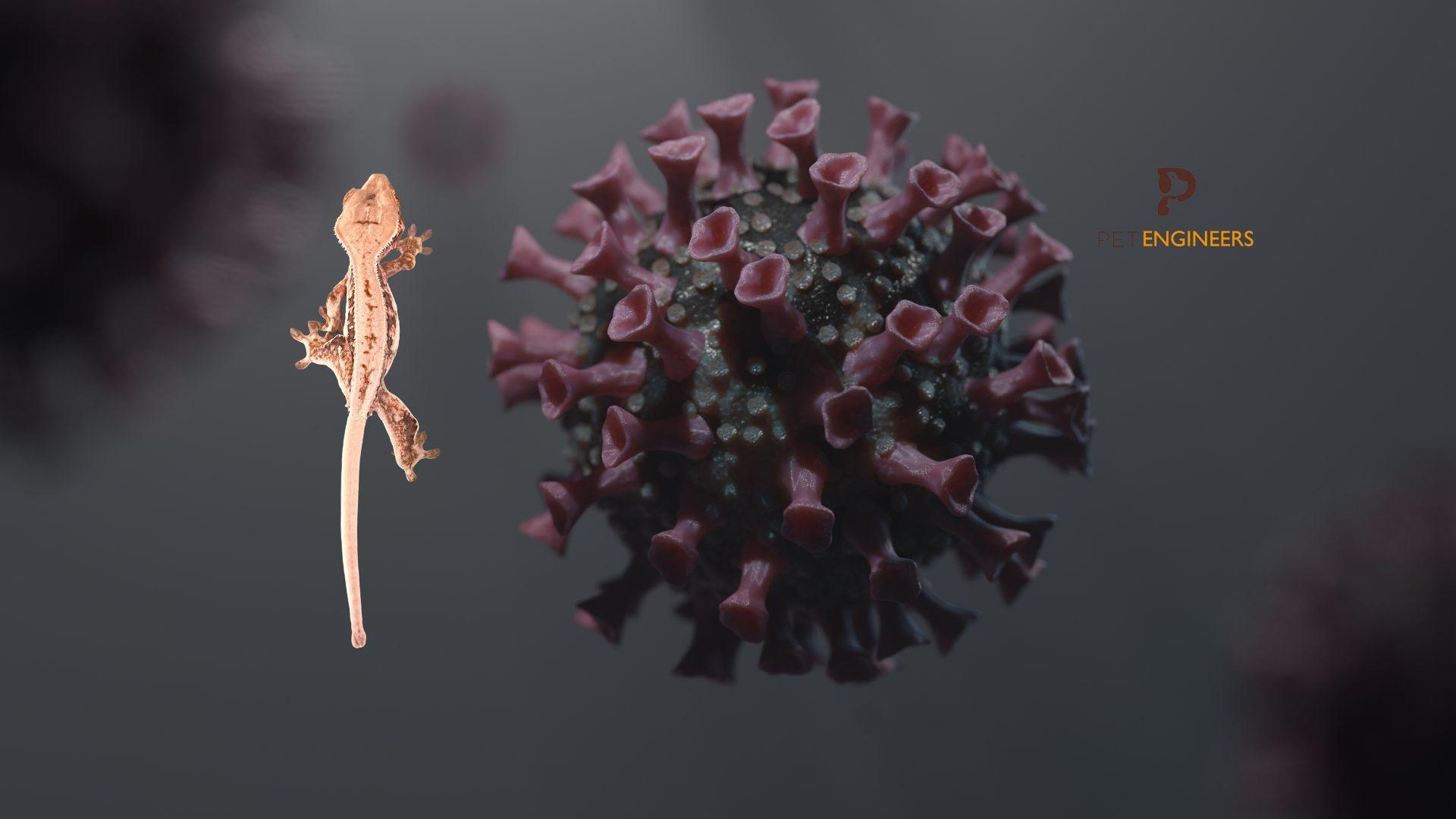
Key Takeaway:
- Crested geckos can carry diseases, but most are not harmful to humans.
- Good hygiene practices, such as frequent hand washing and keeping their enclosure clean, can minimize the risk of disease transmission.
- Regular check-ups with a veterinarian who specializes in reptile care can help identify and treat any potential health issues before they become serious.
Crested geckos are popular pets known for their unique physical characteristics and easy-to-care-for nature.
However, as with any animal, there are concerns about disease transmission between geckos and their human caretakers.
In this article, we will explore whether or not crested geckos carry diseases, the potential risks of transmission, and how to prevent the spread of illness.
Whether you’re a current or prospective crested gecko owner, it’s important to understand the potential health risks associated with these fascinating creatures.
Do Crested Geckos Carry Diseases?
Crested geckos are generally healthy creatures and are not known for carrying many diseases.
However, like all animals, they can be carriers of bacteria and parasites that can make them sick or cause harm to humans.
Some common health problems that may affect crested geckos include respiratory infections, parasitic infections, and skin issues.

These problems are usually caused by poor husbandry and a lack of proper care.
To prevent these health problems, it is important to provide your crested gecko with a clean and comfortable living environment.
Regular cleaning of the terrarium, maintaining proper humidity and temperature, and feeding them a balanced diet can go a long way in keeping them healthy.
Additionally, it is important to quarantine new geckos for at least 30 days before introducing them to your existing pets, to ensure that they are not carrying any diseases.
Can You Get Diseases From Crested Geckos?
While crested geckos themselves do not carry many diseases, they can still be a source of illness for humans.
Salmonella is a bacteria that can be found in the feces of many reptiles, including crested geckos.
Salmonella can cause a range of symptoms in humans, including fever, diarrhea, and abdominal cramps.
To prevent the spread of salmonella, it is important to wash your hands thoroughly after handling your gecko or any items in its terrarium.
It is also recommended that young children, elderly people, and those with weakened immune systems avoid contact with reptiles.
What Diseases Do Crested Geckos Carry?
Crested geckos can carry certain diseases or parasites, such as Cryptosporidium, which is a type of protozoan parasite that can cause diarrhea in humans and animals.
They can also carry mites or ticks, which can cause skin irritation or transmit diseases to other animals.
Which Diseases Are Transferrable To Humans?

While crested geckos are not known to transmit diseases to humans, there are certain diseases that can be transmitted from animals to humans.
These include Salmonella, which can cause diarrhea and fever, and Leptospirosis, which can cause fever, headache, and muscle aches.
These diseases can be transmitted through contact with contaminated feces or urine.
How To Avoid Getting Diseases From Crested Geckos?
To avoid getting diseases from crested geckos, it is important to practice good hygiene when handling them.
This means washing your hands before and after handling your pet, as well as cleaning their enclosure regularly to prevent the spread of bacteria or parasites.
It is also important to avoid contact with wild-caught crested geckos, as they may carry parasites or diseases that could affect humans or other animals in captivity.
What To Do When Infected?
If you suspect that you have been infected with a disease from your crested gecko, it is important to seek medical attention immediately.
This may include testing for the presence of parasites or bacteria, as well as treatment with antibiotics or other medications.
It is also important to take steps to prevent the spread of the disease to others, such as washing your hands regularly and avoiding contact with other animals until you have fully recovered.
Summary
Crested geckos can carry diseases, but most of them are not harmful to humans.
As with any pet, it is important to practice good hygiene and take preventative measures to minimize the risk of disease transmission.

